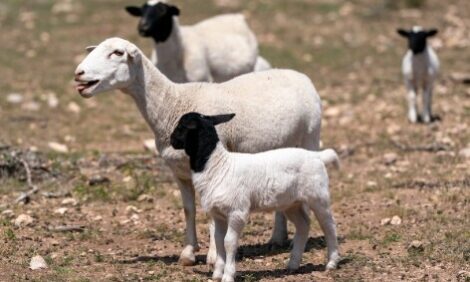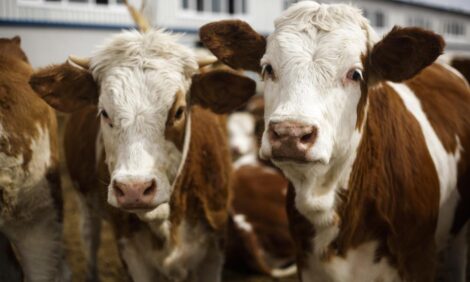



EU Won't Compromise on Antibiotics and Hormones in US Trade Talks
EU - The EU will not compromise on it block on imports of beef raised with the use of hormones and it will stand firm to maintain geographical location on products in negotiations with the US and other countries for free trade agreements.Speaking at the National Farmers’ Union Conference in Birmingham, Jean-Marc Trarieux, head of unit for the Americas at the European Commission said that in negotiations with the US for the Transatlantic Trade and Investment Partnership (TTIP) the EU will hold out on its stance over products produced using hormones and antibiotics.
He said that in the negotiations with Canada for a free trade agreement the EU had not changed its requirements over hormone free beef and pork free from ractopamine.
He added that the EU also imports a lot of poultry from Brazil, but the agreement ensures that it is antibiotic free.
And he said that any agreement with the US would be the same.
Mr Trarieux said that the negotiations with the US need to progress with substance and at speed.
He added that there is a willingness on both sides to advance the negotiations and that sanitary and phytosanitary measures are at the centre of the negotiations.
He told the conference that the European Commission had pressed the points in its negotiations with Canada for a FTA and he saw no reason why the same points could not be pressed in the discussions with the US.
He said the EU and Canada had managed to reach agreement on most agricultural products and the only ones that were not included in the FTA were poultry, eggs and most dairy products.
One of the sticking points at present that needed to be settled with the US is also the status of EU products with a protected geographical standing.
He said that one on the main problems was over cheese because the US likes to use names for its own products, particularly for Italian and Greek names that have a protected status in the EU.
Mr Trarieux said that the TTIP negotiations are expected to remove about 97 per cent of the tariffs between the two counties but it is the tariffs on agricultural products that are at present the centre of the talks.
“The EU agricultural model remains different to what we see in the US or Mercosur countries and this needs to be respected,” he told the conference.
Mr Trarieux said that the EU, which is the largest importer of agrifood products in the world, is keen to negotiate bilateral free trade agreements beyond the scope of the World Trade Organization agreements.
At present the EU imports €213 billion worth of agrifood products but it has a trade surplus of around €16 billion through its strong export market.
He said the EU is pressing forward with an active trade policy with third countries including seeking agreements with countries such as Mexico and Chile as well as Australia and New Zealand, and Japan and other Asian countries as well as with the US.
“It is about not being left behind,” Mr Trarieux said.



